Some symptoms of menopause are well known, like hot flashes, sweating, insomnia, and depression. Another symptom, perhaps lesser known, is dry eyes. This condition affects more than 60 per cent of perimenopausal and menopausal women, especially in dry climates like Alberta. Here’s some information on menopausal dry eyes, plus tips on managing the condition.
Symptoms of Dry Eyes
Estrogen production decreases during menopause, impacting the eyelids’ oil and fluid-producing glands. You produce fewer tears, which leads to inflammation and dry eyes. Your eyes may have some of these symptoms:
- Burning
- Itching
- Redness
- Gritty feeling, or a sense that you have something in your eye
- Excess tears
- Blurred vision
Dry eyes can lead to an increase in allergy symptoms and make wearing contact lenses uncomfortable.
Dry Eye Treatments
There are several dry eye treatments available in pharmacies or optometry clinics, including:
- Artificial tears
- Lubricating eye drops
- Eyelid hygiene kits
- Warm compresses
- Oral antibiotics
- Corticosteroid eye drops
You may also benefit from punctal plugs, tiny devices placed in the tear ducts to prevent fluid from draining from the eyes.
Dry Eyes and Hormone Replacement Therapy
Since hormone fluctuations are the primary cause of menopausal symptoms, your doctor may suggest hormone replacement therapy to alleviate the symptoms. However, women who undergo hormone therapy are four to seven times more likely to develop dry eyes.
Alternative approaches to controlling menopause symptoms may include:
- Herbal supplements like St. John’s wort, ginseng, red clover, black cohosh, dong quai, kava, and evening primrose oil
- Vitamin D, either via food or supplements
- Acupuncture, massage, yoga, or mindful breathing
You can also try to minimize dry eye symptoms by eliminating drafts from your home and wearing wrap-around sunglasses outdoors. In addition, lowering the height of your computer screen may allow you to work with partially closed eyelids, reducing the surface area where tears can evaporate.
If the above remedies fail to alleviate your symptoms, book an appointment with an eye doctor who can provide a comprehensive eye exam and recommend possible solutions.
Dry Eyes and Sjogren’s Syndrome
Besides menopause, dry eyes and a dry mouth may also be early signs of Sjogren’s syndrome, an immune system disorder that can lead to numerous health complications. If you have dry eyes and a dry mouth, consult a doctor to rule out Sjogren’s syndrome.
Get Treatment for Your Dry Eyes in Edmonton
At Optometrists’ Clinic Inc., we can help treat dry eye symptoms with a wide range of lubricating eye drops. We have eye clinics located in Edmonton, Westlock, and Leduc. Contact us today to book an eye exam with an optometrist who can recommend a solution for your dry eyes.



